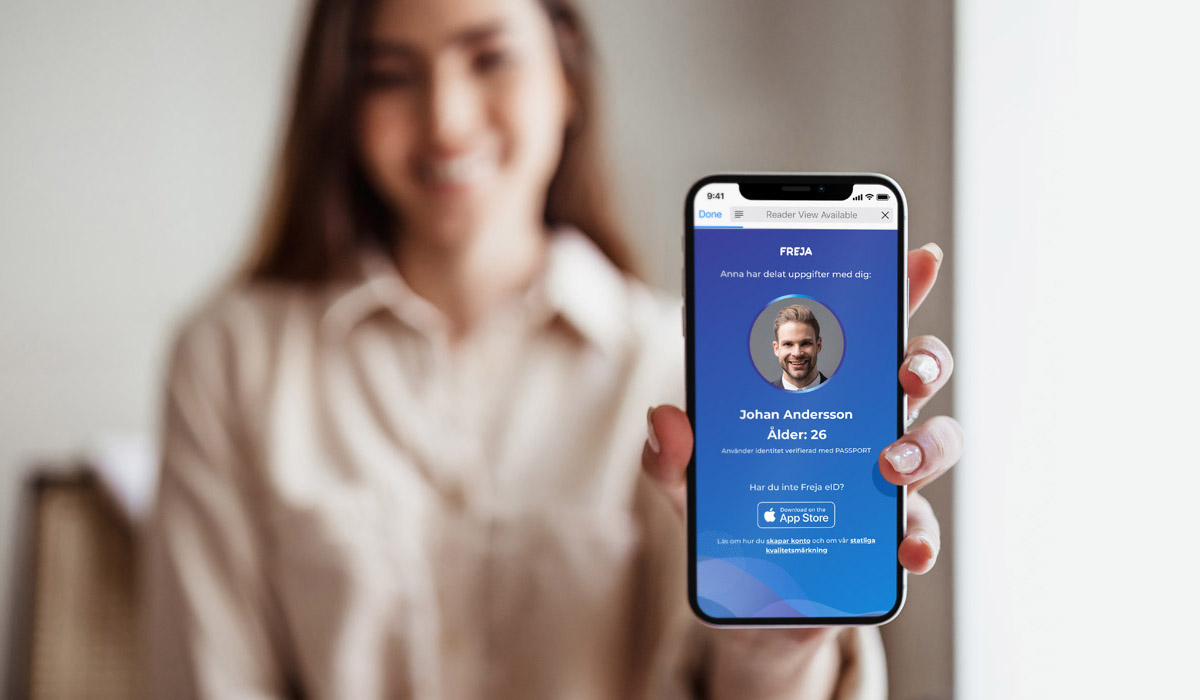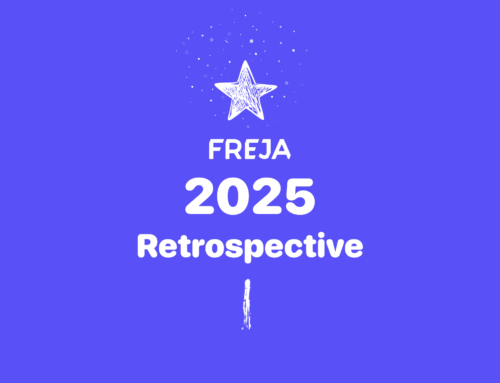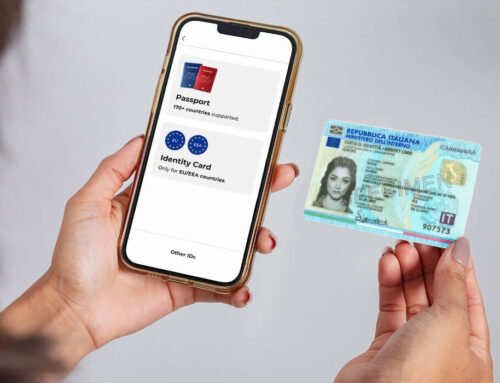Facebook Marketplace is a popular place to buy and sell items, but it’s also become a target for scammers. Knowing the risks and taking steps to protect yourself can make your experience both safe and enjoyable.
Counterfeit Products: Some sellers may offer fake luxury items like perfumes or Rolex watches. Always research and seek community feedback and remember if a deal seems too good to be true, it probably is.
Failure-to-Deliver Schemes: Watch out for sellers who advertise products they don’t plan to send. You can protect yourself by asking for more pictures, suggesting a face-to-face meeting, and being cautious with payment methods.
Phishing Attacks: These scams steal personal information by tricking users into visiting fake websites or giving out personal details. Always be cautious with the websites you visit and use secure payment methods.
2FA Scams: Fake buyers might ask for your phone number, tricking you into sharing a 2FA code to verify a Google Voice account. Never share these codes; they’re meant only for you.
Alice’s Experience and Freja’s peer-to-peer identification feature: Alice tried to sell a candlestick for 1200 SEK but was approached by a supposed buyer who asked for more information than usual. Wanting to be sure of his identity, she asked to use Freja’s peer-to-peer option for identity verification. The buyer quickly ended the conversation, revealing his dishonest intentions.
How to Stay Safe: Be careful on Facebook Marketplace, especially if something seems off. Share personal information sparingly, verify a buyer’s Facebook account, and use secure communication and payment methods. Always trust your instincts and report anything suspicious.
The Importance of Verifying Identity: Whether buying or selling, or whether the transaction seems legal or not, always verify the identity of the other party. Using Freja’s Peer-to-peer feature can make this simple. Genuine people will cooperate; those with bad intentions will likely avoid verification.







